France has a high-quality healthcare system that includes a wide range of sexual and reproductive health services. And if you live or work in the country for more than three months, you can apply for a state health insurance card (Carte Vitale), which grants you access to highly subsidized healthcare, including sexual health services.
To help you navigate the system in your new home, this article provides the following information:
- Attitudes towards sex and sexuality in France
- Accessing sexual health services in France
- Insurance for sexual healthcare in France
- Contraception in France
- Pregnancy and childbirth in France
- Abortion in France
- STIs and STDs in France
- Erectile dysfunction treatment in France
- Feminine hygiene products in France
- Cancer screenings in France
- Services in France dealing with sexual problems
- Services in France dealing with sexual abuse and assault
- Young people’s sexual health in France
- LGBT+ sexual health in France
- Useful resources
Cigna Global
Enjoy peace of mind while living in France with Cigna Global’s long-term international health insurance plans (12+ months). Get tailored coverage, direct billing with many providers, complex case management, and global care on demand, with access to a network of 1.5+ million doctors, specialists, and therapists.
Attitudes towards sex and sexuality in France
France has long been reputed to be one of the most sexually liberated countries globally. Indeed, recent sociological research shows that French attitudes towards sex have become even less inhibited. In fact, it seems that the most prominent taboo left when it comes to talking about sex is the absence of sex in a relationship. Moreover, a Europe-wide survey from 2021 suggests that 35% of French women are sexually unsatisfied, which is higher than in any of the other countries surveyed.

In terms of sexual partners, France reflects the tendencies of northern European countries, where people have more partners throughout their lives than in southern, Catholic nations. Indeed, 37% of French people surveyed claim that they have slept with more than five people, which is similar to the UK (38%) but lower than Germany (42%).
France has a high-quality healthcare system, which offers easy access to a range of sexual health services. In fact, the World Health Organization (WHO) ranks it in first place out of 191 countries.
Accessing sexual health services in France
If you work or live in France for more than three months, you can apply to get a state health insurance card (Carte Vitale). This grants you access to highly subsidized healthcare, including sexual health services. As a foreigner, you can also access state healthcare through the Protection Universelle Maladie (PUMA).
You need to pay upfront for most medical services in France, however, the state healthcare plan will reimburse you at an average rate of 70%, and 100% for abortion and maternity services. Minors can also access these services free of charge. It is up to you or your private insurance provider to cover the remaining costs, which are around 30% for most services.
Once you have a Carte Vitale for your health coverage, you can access a vast network of public and private practitioners that provide sexual health services throughout France. General practitioners, (généralistes or médecin traitant) can address basic sexual health issues and refer patients to specialist doctors when necessary.
Meanwhile, gynecologists deal with many aspects of women’s health in France, including sexual and reproductive health. They offer a wide range of consultations and procedures and you don’t need a referral from a GP to visit one. However, just bear in mind that there are often long waiting lists. Therefore, for urgent gynecological matters, your best bet is to head to the gynecological department at your local hospital.
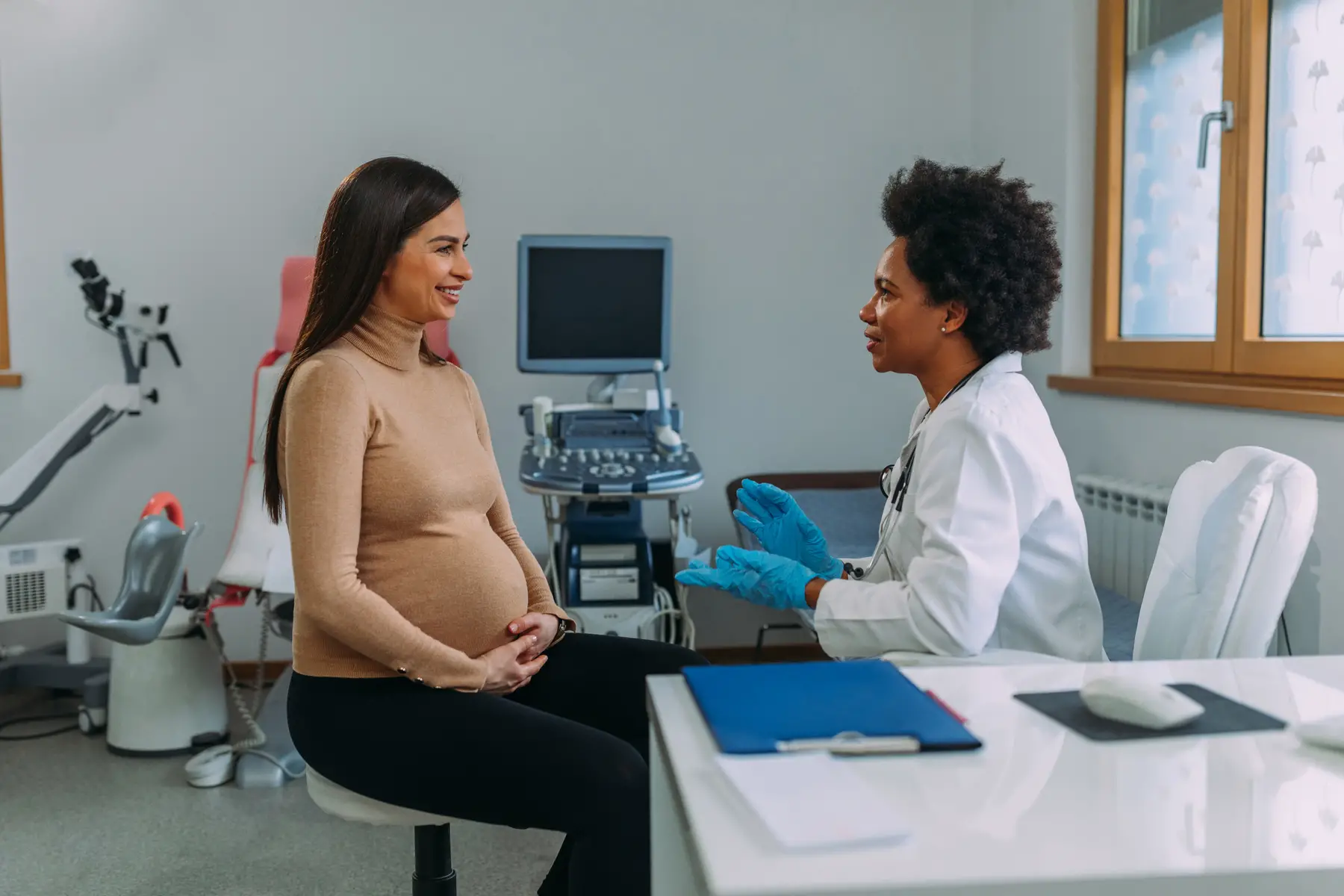
For advice about contraception and sexual health, you can talk to your GP, gynecologist, or midwife. Alternatively, you can visit a family planning center (centres de planification ou d’éducation familiale – CPEF). You can also use ZAVA’s search platform to find a sexual healthcare specialist nearby.
In addition to the usual ways of finding sexual healthcare professionals, telehealth platforms provide a convenient way to get in touch with specialists. Sites such as Mobi Doctor offer video and phone appointments and prescription services.
Insurance for sexual healthcare in France
Fortunately, medical services in France are reasonably priced. For instance, a visit to your GP is around €25, while a gynecological consultation may cost twice that amount. Nonetheless, many people choose to purchase supplementary private health insurance (Mutuelle) which covers most extra costs and specific privileges. For instance, your Mutuelle can make your hospital stays more comfortable. There are also several price comparison websites, such as Bonne Assurance and Lelynx, that allow you to compare private insurances depending on your criteria.
Notably, you can use your European Health Insurance Card (EHIC) to access urgent sexual healthcare if you are a citizen of:
- The European Union (EU)
- The European Economic Area (EEA – Norway, Iceland, Liechtenstein)
- Switzerland
However, your EHIC card will not cover specialized treatments for sexual health matters in France. Beyond that, you have two options. You can either use your insurance from your country of origin or sign up for state health coverage, with additional private insurance if you wish. Just bear in mind that all foreigners residing in France for more than three months can access the state health plan. They can then choose whether or not to take out additional private health insurance.
The state plan grants you free or highly subsidized access to sexual and reproductive healthcare. This includes everything from contraception to scans, abortions, and fertility treatments. However, private insurance can cover the cost of things like additional IVF treatments. As such, it is worth exploring what different companies can offer in order to meet your needs.
Some of the main private health insurance providers in France include:
Contraception in France
The Health Ministry has a dedicated website, Question Sexualité, which provides information about all forms of available contraception. The state health insurance covers 65% of prescribed contraception for adults and 100% for minors over 15 years old. Intrauterine devices (IUDs) typically cost around €100 upfront, but state health insurance reimburses this fully.
In France, condoms are readily available in pharmacies and supermarkets, and no prescription is needed. However, for other forms of contraception that require prescriptions, you can consult your gynecologist or GP, or go to a family planning center (centres de planification ou d’éducation familiale – CPEF). A wide range of prescribed contraception is available in France, including:
- Hormonal contraception (e.g., the pill, vaginal rings, and patches)
- The copper coil or IUD
- Sterilization (tubal ligation or vasectomy)
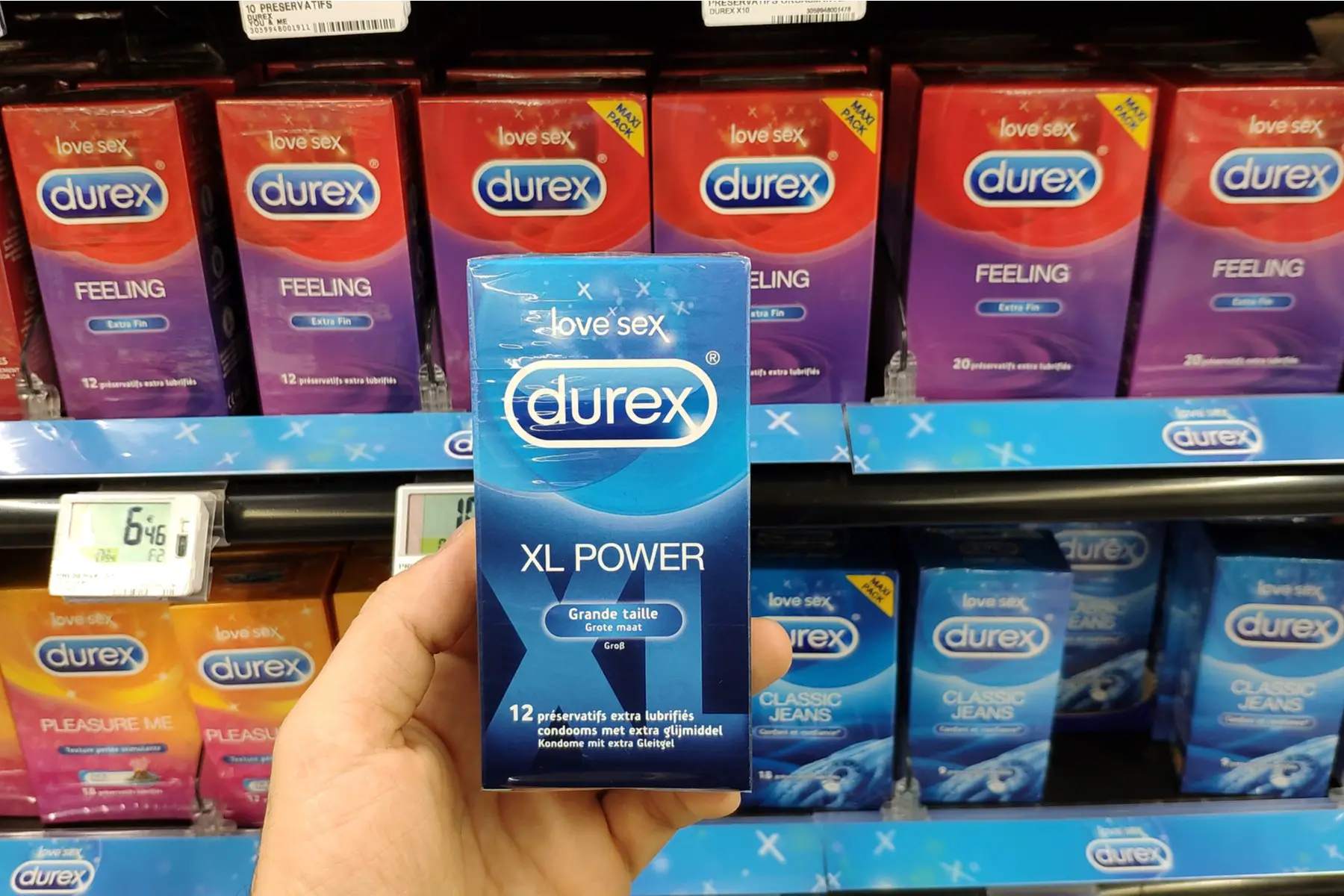
While 80% of women in France have used the contraceptive pill, its popularity is waning, and only 37% of women currently use it as a form of contraception. This rate is declining in favor of IUDs (used by 25% of women) and condoms (used by 16%). Around 90% of French women say they are content with their contraceptive method.
Emergency contraception
You can purchase the morning-after pill at pharmacies for between €4 and €20, depending on the brand. State health insurance covers these costs. The pill is also available for free and anonymously at family planning centers (CPEF) across France.
Pregnancy and childbirth in France
Your gynecologist or midwife will typically guide you through your pregnancy in France. Fortunately, state health insurance covers most examinations and support services, including prenatal classes and postnatal physical re-education (la rééducation périnéale). Re-education covers things such as toning the pelvic floor muscles, vagina, and core. Notably, only the first two ultrasounds are reimbursed at the standard rate of 70% rather than 100%.
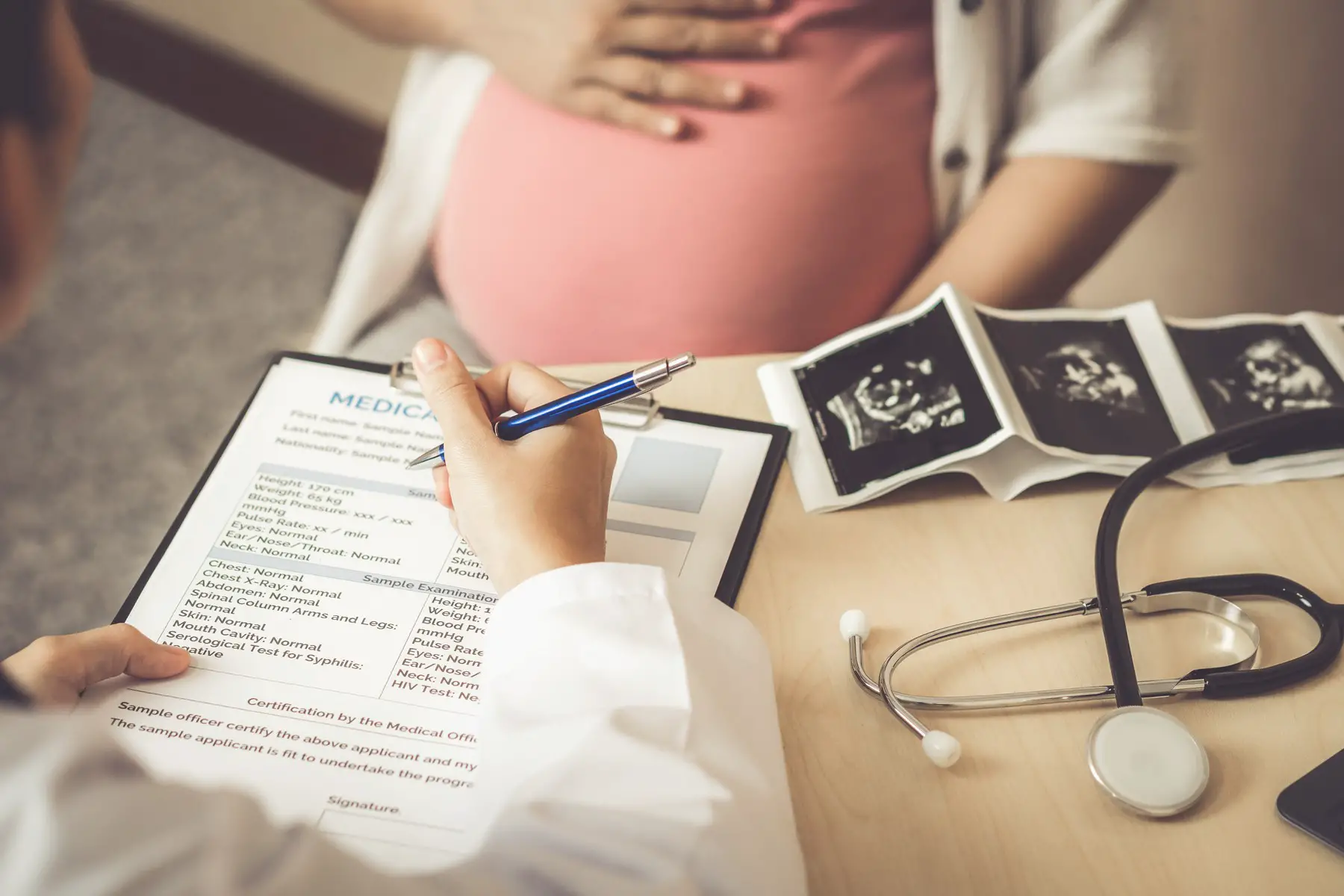
As home births are discouraged in France, childbirth generally takes place in hospitals. Mothers spend an average of three days in hospital after the birth, and midwives come to visit you at home in the days and weeks after.
Abortion in France
Abortion is legal in France, and medical abortions using prescription drugs are accessible until the end of the seventh week of pregnancy. After that, you can have a surgical abortion until the end of week twelve. Beyond this, abortions are only possible on specific medical grounds; for example, if there is a danger to the mother’s life or if the baby has an incurable medical condition.
State health insurance fully reimburses abortion procedures in France. Minors of any age can also access abortions anonymously and with no upfront costs. A minor wishing to have an abortion without their parents’ knowledge can also do so free of charge; they simply have to go with an adult of their choice.
STIs and STDs in France
According to French government data, diagnoses of bacterial sexually transmitted infections (STI) have been increasing in France since their resurgence in the late 1990s. Indeed, there has been a notable increase in early gonorrhea and LGV (a type of chlamydia) diagnoses. The most recent evidence (in French) suggests that LGV diagnoses rose by almost 30% between 2017 and 2019, and gonorrhea cases by 21%. On the other hand, there has been a slight drop in the rate of syphilis infections since 2016.
For any issues concerning STIs and STDs, you can consult your GP or gynecologist who will administer or prescribe a diagnostic test. Hospitals, private clinics, and public labs can also provide testing. You will usually need to pay upfront, but the state health plan will reimburse you a few weeks later. However, specialized clinics, which are known as CeGIDD (Centres gratuits d’information, de dépistage et de diagnostic), do not charge fees. However, although these are freely accessible to all, they are primarily aimed at high-risk and socially disadvantaged populations. Private labs account for most diagnostic tests in France, and the state health plan also reimburses their services.
France has a national program for cervical screening for women aged 25 to 65. Those over 30 are advised to have HPV tests (for human papillomavirus) every five years. You can read more about cervical screenings further down the article.
In terms of treatment, each STI and STD requires a specific approach, and your GP or gynecologist will recommend an appropriate treatment path. For instance, penicillin is used to combat syphilis, while preventive vaccinations and antivirals are used to combat Hepatitis B. Meanwhile, nitrogen, electrocoagulation, or laser therapy are used to treat genital warts locally. And surgery may be necessary for precancerous HPV lesions.
HIV/AIDS in France
According to a Europe-wide survey from 2019, France has seen substantial declines in HIV diagnoses in recent years, despite an increase in the number of screenings performed. Most newly diagnosed cases (52%) are due to heterosexual transmission among migrants originating from countries with generalized HIV epidemics.
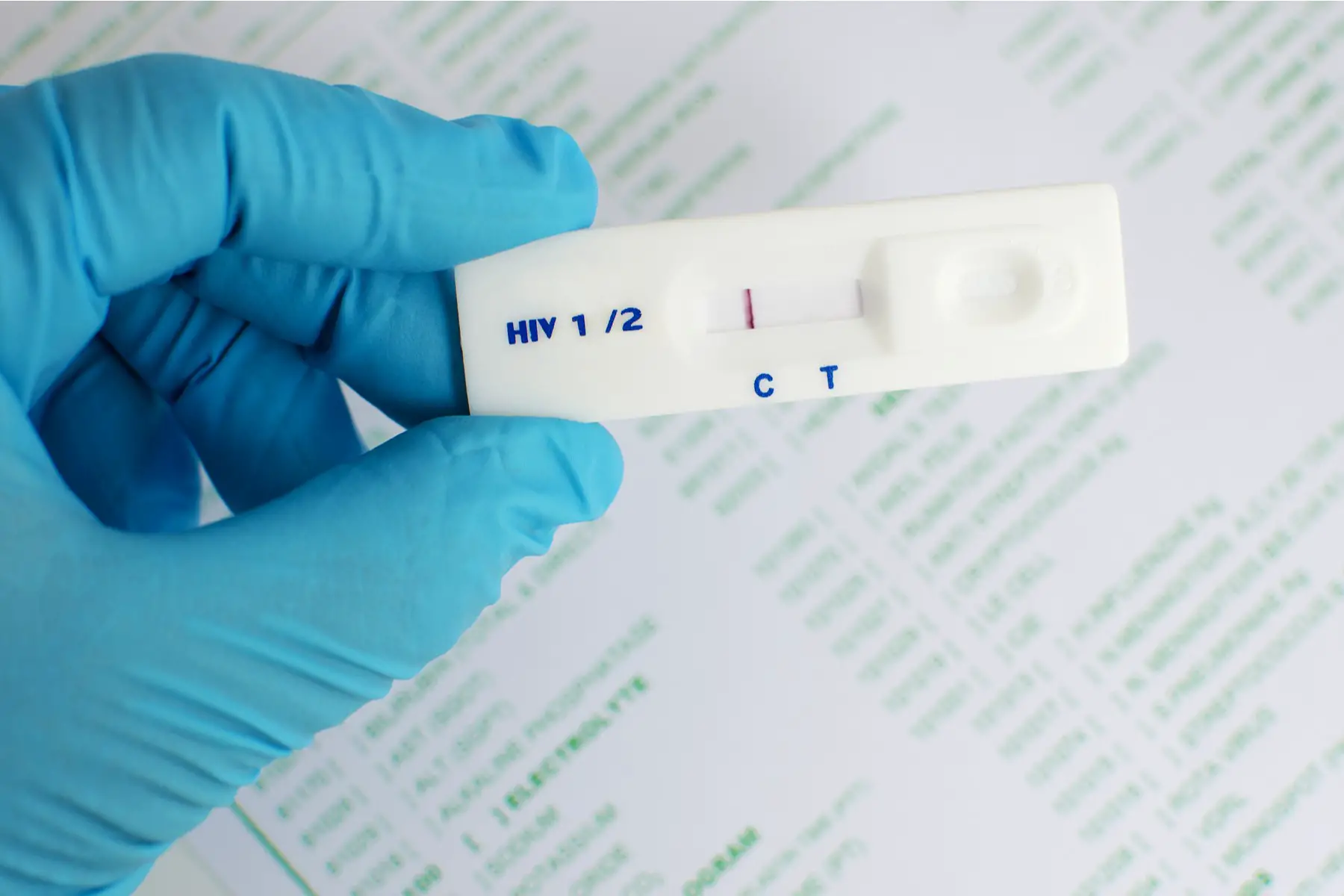
In 2019, 6.2 million people underwent screenings, and a positive diagnosis occurred in only 1.9 out of every 1,000 patients. According to the latest public health bulletin in 2020, the total number of screenings dropped to 5.2 million due to the lockdowns. That year, 4,856 people were diagnosed with HIV.
You can have an HIV test in hospitals, private clinics, and public CeGIDD centers in France. Home testing kits are also available from pharmacies. If you have recently been exposed to HIV, you need to take antiretroviral Post Exposure Treatment (TPE) within 48 hours. In this case, you should immediately go to the emergency service at your local hospital. State healthcare fully subsidizes the treatment, although you may have to pay part of the fee for blood tests and other exams. A combination of antiretroviral drugs is used to treat HIV in France, and patients can discuss the treatment with their GP before being treated in a hospital.
Sida Info Service is a dedicated website that provides a free, anonymous phone line and chat service for all questions regarding AIDS in France.
Erectile dysfunction treatment in France
If you are experiencing issues with erectile dysfunction, you should first consult your GP (médecin traitant). They will then evaluate possible causes by taking your blood pressure, doing blood tests, and prescribing additional tests such as a neurological exam if necessary.
Following this, they may encourage lifestyle changes, alter your current medication, prescribe specific medication, or refer you to a specialist. The prescribed treatment for erectile dysfunction in France can include:
- Psychotherapy
- Injections
- Creams
- Hormonal treatments
- Transurethral treatments
- Vacuum therapy
- Penile implants
- Shockwave therapy
- Medication including Viagra, Cialis, Levitra, and Spreda (available in pharmacies but only with a prescription)
Notably, the state health plan does not cover the cost of these treatments.
Feminine hygiene products in France
Tampons and sanitary towels are readily available in France and are subject to a reduced tax rate of 5.5%, which makes them relatively inexpensive. You can buy packets of 10 to 15 sanitary towels for less than €1 and tampons for €1.60. Alternative products such as menstrual cups, absorbent underwear, and reusable pads are also available online and in pharmacies and stores. However, state health insurance does not cover the cost of these products.
Cancer screenings in France
France ranks seventh among countries with the highest cancer rates in the world. According to WHO data, people in France have a 32.7% chance of developing cancer before the age of 75. There were almost 468,000 new cases of cancer recorded in France in 2020, and the most prevalent types are those affecting the prostate (14.1%), breasts (12.4%), lungs (10.3%), colorectum (10.3%), and bladder (3.5%).
France has generalized screening programs for breast cancer, colorectal cancer, and cervical cancer. Awareness campaigns highlight the risks of alcohol and tobacco and promote a healthy lifestyle to reduce cancer rates.
Cervical cancer screenings
In 2020, 3,379 women in France were diagnosed with cervical cancer, accounting for 0.72% of new cancer cases. France has a national program for cervical cancer screening for women aged 25 to 65. You will have the first two pap smears one year apart and then every three years after this. Your gynecologist will perform this screening during routine check-ups, and the state health plan reimburses these screenings at a standard rate of 70%.
Breast cancer screenings
Breast cancer is the most common type of cancer among women in France and a leading cause of death. In 2020, it accounted for 28% of all new cancer cases, affecting 58,083 people.
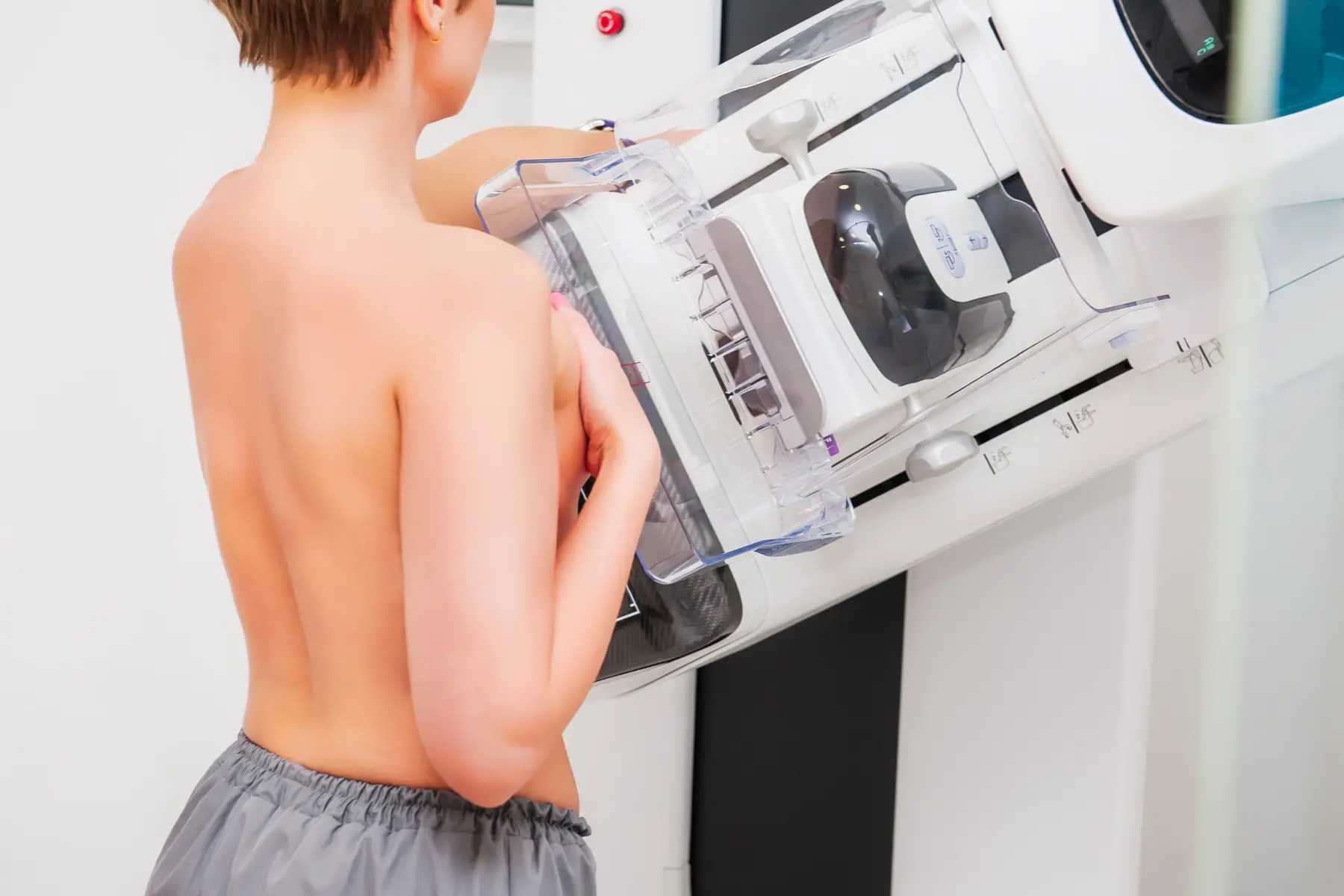
Between the age of 25 and 50, a health professional will check your breasts for lumps during your annual gynecological check-ups. They can also show you how to self-examine your breasts. Doctors in France recommended a breast scan every two years for women between the age of 50 and 74 with no particular risks or symptoms. However, if you are specifically at risk for breast cancer due to genetics or other factors, your doctor may suggest additional monitoring.
Ovarian cancer screenings
There were 5,320 new cases of ovarian cancer diagnosed in France in 2020. After breast cancer, ovarian cancer is the leading cause of death among all gynecological cancers. Ovarian cancer is frequently detected during regular gynecological check-ups. Ultrasounds are performed to detect abnormalities, and additional tests can be prescribed, including examining the tissue of a suspicious growth.
Prostate cancer screenings
Prostate cancer accounts for 25.4% of all cancers among men in France. In 2020, 66,070 new cases were detected. Despite this, generalized screening programs have not been deployed in the country since their benefits have not been proven. That said, if you are at a higher risk due to genetic factors, you can approach your GP for a rectal exam or a Prostate-Specific Antigen (PSA) test.
Testicular cancer screenings
In 2020, 2,752 men were diagnosed with testicular cancer in France. However, the good news is that there is a high survival rate, with only 129 registered deaths that same year. The appearance of a lump in the testes is usually the first sign of this cancer. At that stage, your GP will recommend a scan and further tests before determining the best course of action.
Penile cancer screenings
Penile cancer is relatively rare in France, and 569 men were diagnosed with it in 2020. There is no generalized screening, but you should consult your GP about any abnormal change or growth on your penis. If a tumor is present, it may be biopsied, and treatments include surgery and chemotherapy.
Services in France dealing with sexual problems
Fortunately, you can access a wide variety of health services in France if you are dealing with sexual problems. If you suffer from certain issues such as vaginal dryness, you can seek over-the-counter advice and products in every pharmacy. Nonetheless, you should report any physical or psychological problems to your GP or gynecologist, who can refer you to specialists. Some deep-rooted sexual health problems may also require psychotherapy. Many specialists are also at hand, ranging from psychologists and psychiatrists to couple’s counselors and sex therapists.

State health insurance can subsidize a few therapy sessions. However, your private health insurance may provide extra coverage for mental health services. Associations for specific issues, such as Les Clés de Venus, also support women experiencing pain during sex, and you can find a directory of health professionals on its website. This covers everything from allopathic treatments with gynecologists to alternative medicine with osteopaths, acupuncturists, and sophrologists (relaxation methods).
Furthermore, the Réseau de Santé Sexuelle Publique is an association that promotes access to sexual health and wellbeing for people across France. It provides an interactive map that lists its members, most of which are located in and around Paris.
Services in France dealing with sexual abuse and assault
All forms of domestic violence are illegal in France. This includes physical, sexual, or psychological violence perpetrated by either a man or woman. The law applies to all couples, whether they are legally married or not. The victim and their children can seek protection and temporary housing. If you experience conjugal violence, you have six years to file a complaint that may lead to prosecution. You can also apply to family court for a protection order. Marital (within a relationship) rape is punishable by up to 20 years in prison. Other forms of sexual aggressions can result in seven years in prison and fines up to €100,000.
The French government has a website, Arrêtons Les Violences, that is dedicated to helping the victims of violence against women. It lists the numbers you can call, including a dedicated 24-hour helpline (3919) for vulnerable women and those close to them. There is also an anonymous online chat function. In addition, the website provides links to all national associations that deal with this issue, as well as a directory to help you find one nearby. You can also use the helpline or chat function on the website to report abuse. In an emergency, you should call 17 or 112.
Young people’s sexual health in France
Sex education in France
A 2001 law made sex education compulsory in all French schools, with at least three mandatory lessons per year. These sessions aim to teach children and young people about respecting their bodies. In practice, sex education in France still focuses on avoiding STIs.
Unfortunately, a 2016 government report (in French) concluded that the lessons rarely covered topics such as consent and intimacy, and focus mainly on contraception and STI prevention. The report also found that sex education classes inadequately tackle gender inequality. For example, teenage girls in France still have a limited understanding of the biology of their gender.
Youth sexual health
The teen pregnancy rate has been steadily declining in France over the last four decades. However, abortions among women under 20 have risen since the 1990s and stabilized at around 15 abortions per 1,000 women aged 15 to 19.
A recent public inquiry highlighted a rise in gonorrhea and chlamydia in France. These significantly impacted young people aged 15 to 24, who are often asymptomatic but may face serious health consequences. As a result, the French Health Ministry launched a digital campaign called OnSexprime in 2018 to promote condom use and sexual health among young people.
Sexual health services for youth in France
The OnSexprime public health platform is an excellent starting point when searching for sexual health services and advice for young people. It offers sections on legal rights and equality and addresses emotional wellbeing, virginity, sexual pleasure, and contraception.
In addition, the platform provides a list of helplines, relevant associations, and further links for young people seeking help and advice concerning their sexuality. Fil Santé Jeunes also offers a free and confidential phone line and chat service aimed at 12 to 25-year-olds.
In France, minors can access procedures such as screenings and abortions for free and anonymously, as long as an adult of their choice accompanies them.
LGBT+ sexual health in France
Same-sex relationships in France
In France, it is illegal to discriminate against someone for their sexual orientation or gender identity. Overall, French society accepts same-sex and LGBT+ relationships. Conversely, a right-wing fringe linked to Catholicism actively demonstrates against issues such as same-sex marriage and LGBT+ adoption rights.
Despite this, France legalized same-sex marriage and adoption in 2013. In addition, as of 2021, medically-assisted procreation is accessible to women in same-sex relationships.
Sexual health for the LGBT+ community
Any member of the LGBT+ community can access the same level of medical care and legal protections as any other French resident. However, many associations offer dedicated support to LGBT+ people, especially surrounding discrimination and sexual health. Sexosafe is a Health Ministry platform that allows you to find a list of all relevant associations.

You can go to a diagnostics center (CeGIDD) for free HIV and STI screenings. The Sida Info Service also offers a directory to help you arrange a screening near you.
Useful resources
- Arrêtons les Violences – a government website that is dedicated to tackling all forms of violence against women
- Fil Santé Jeunes – a website and helpline run by medical professionals which offers support to young people in matters of sexuality
- IVG.gouv – a government website with information on contraception and abortion
- L’assurance Maladie (AMELI) – the official state health insurance
- Le Planning Familial – a feminist organization with centers across France that works to educate and support women in all aspects of sexual health and family planning and fights violence against women
- Ministère des Solidarités et de la Santé – the Health Ministry website
- OnSexprime – a platform for young people launched by the Health Ministry to promote sexual health to young people
- Santé Publique France – the national health agency that covers all aspects of public health
- Sida Info Service – an association engaged in the fight against HIV and AIDS which provides a dedicated helpline
- Sexosafe – a Health Ministry-run platform that is dedicated to supporting the LGBT+ community
- VIH.org – provides information and support concerning HIV/AIDS
- Question Séxualité – a government-run website that focuses on contraception and sexuality






